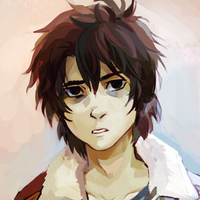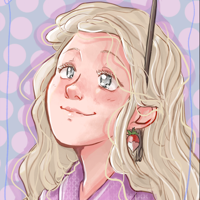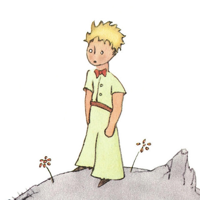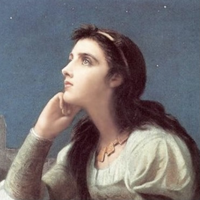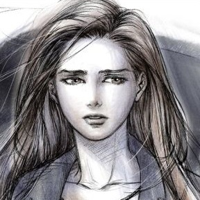Konstantin Levin MBTI 성격 유형
인격
"Konstantin Levin은 어떤 성격 유형입니까? Konstantin Levin은 mbti의 INFP 성격 유형입니다. enneagram의 4w5 - so/sp - 451, big 5의 RCOAI, socionics의 IEI입니다."
Most definitely an INFP. “Konstantin Levin did not like talking and hearing about the beauty of nature. Words took away the beauty of what he saw.” - Leo Tolstoy “Independent-minded and socially awkward, Levin is a truly individual character who fits into none of the obvious classifications of Russian society. He is neither a freethinking rebel like his brother Nikolai, nor a bookish intellectual like his half-brother Sergei. He is not a socialite like Betsy, nor a bureaucrat like Karenin, nor a rogue like Veslovsky. Levin straddles the issue of Russia’s fate as a western nation: he distrusts liberals who wish to westernize Russia, rejecting their analytical and abstract approach, but on the other hand he recognizes the utility of western technology and agricultural science. In short, Levin is his own person. He follows his own vision of things, even when it is confused and foggy, rather than adopting any group’s prefabricated views. Moreover, Levin prefers isolation over fitting in with a social set with which he is not wholly comfortable. In this he resembles Anna, whose story is a counterpart to his own in its search for self-definition and individual happiness. Despite his status as a loner, Levin is not self-centered, and he shows no signs of viewing himself as exceptional or superior. If Tolstoy makes Levin a hero in the novel, his heroism is not in his unique achievements but in his ability to savor common human experiences. His most unforgettable experiences in the novel—his bliss at being in love, his fear for his wife in childbirth—are not rare or aristocratic but shared by millions. Anyone can feel these emotions; Levin is special simply in feeling them so deeply and openly. This commonality gives him a humanitarian breadth that no other character in the novel displays. His comfort with his peasants and his loathing of social pretension characterize him as an ordinary man, one of the Russian people despite his aristocratic lineage. When Levin mows for an entire day alongside his peasants, we get no sense that he is deliberately slumming with the commoners—he sincerely enjoys the labor. Tolstoy’s representation of Levin’s final discovery of faith, which he learns from a peasant, is equally ordinary. In this regard, Levin incarnates the simple virtues of life and Tolstoy’s vision of a model human being.”
전기
인격 correlate

Anna Karenina

Count Alexei Vronsky

Kitty Scherbatsky

Alexei Karenin

Stepan "Stiva" Oblonsky

Darya "Dolly" Oblonsky

Nikolai Levin

Sergei Koznyshev

